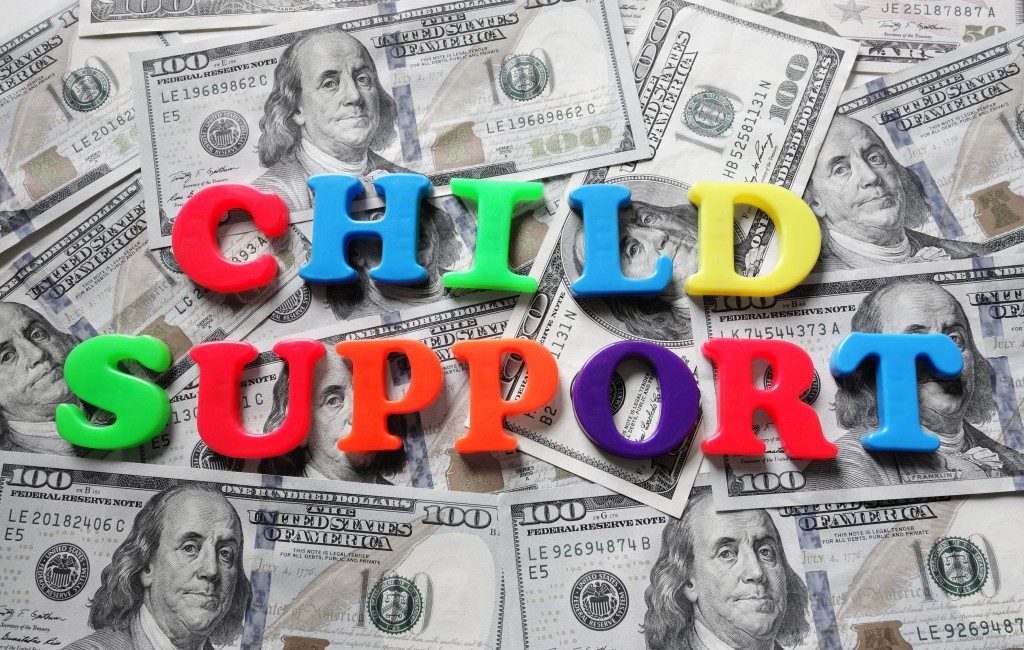If you’re currently undergoing a divorce and your divorce lawyer in Colorado Springs is already mentioning the possibility of going through child custody and support proceedings, then it must be a really tough time for you.
Divorce is almost always a messy affair, especially if you put kids in the equation. But if divorce is the best way to end your relationship with your spouse, then you have no choice but to make things right at least for the sake of the children.
While your divorce lawyer will surely have your back throughout this legal journey, you should also do your part and know everything there is to know about child custody and support proceedings. This way, you’ll make the best out of the situation and make the experience as less painful as possible for your family.
Here are five things you need to know about child custody and support:
Legal custody vs. physical custody and sole/primary vs. joint custody
Child custody is generally classified as either legal or physical. Legal custody is having the right to decide on matters concerning a child’s welfare, while physical custody is to which parent the child or children will live with primarily.
On the other hand, joint custody is when both parents can make decisions for the children and where both of them are considered having legal custody over their children. Sole or primary custody is when one parent gets to have custody over the child while the other parent is accorded rights to visit.
Factors in awarding child custody
Awarding child custody is a rather tricky business, especially on the part of the court that handles the case. But here are the usual factors that courts use to determine which parent gets custody of the child:
- Child’s age
- Preference of the child (to which parent the child wants to live with)
- Record of abuse of one parent
- The individual parent’s living situation
- The proximity of a parent’s house to the child’s school
- The individual parent’s relationship with the child
- Parenting ability
- A parent’s history of substance or drug abuse
Purposes of child support

Child support is paid by either a male provider or a female provider and it exists for some very critical and sensible reasons, such as:
- Prevents custodial parents and their children from experiencing financial difficulties
- Cuts down on public spending for single parents and allows those who are still in the system to become financially-stable so they can get out of welfare the soonest possible time
- Improves family relationships and helps divorced parents to become more involved in their child’s life
Child support is not automatic
While it’s idealistic to think that payment of child support should be incumbent and automatic on the part of the non-custodial parent, it’s sadly not the case. In fact, like most other legal matters, it has to go through a court proceeding before being awarded. The specifics of how to get child support vary from state to state, so you should consult with your lawyer on how to go about this matter.
What child support covers
Child support is financial support provided by the non-custodial parent for the child. The said amount can cover the following:
- Clothing
- Food
- Education
- Medical care
- Shelter
- Entertainment
While these five things cover a great deal of what you should know about child custody and support, be sure to talk to your lawyer to be better advised on the things you need to know and do. This may be a difficult time, but you can still expect things to get better by knowing everything about this legal matter.




